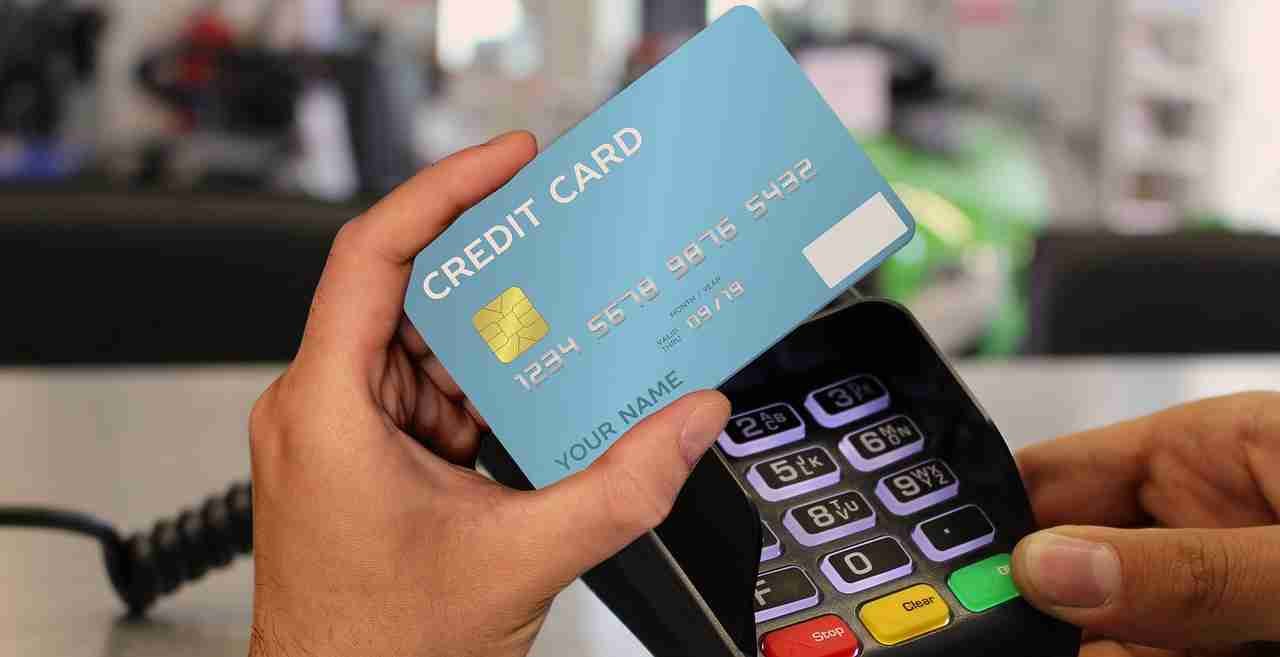As more Americans hit the road this year, travel activity is surging, driven by the desire to make up for missed trips during the pandemic lockdown. While enjoying your travels, it is crucial to prioritize safety and use financial safety tips, including the security of your money while you are on the move.
While cards are commonly used for transactions, there may be situations where it is suitable to carry cash. You can also keep money safe while traveling if you use reliable payment systems, but first things first.
To ensure the safety of your money during your travels, consider these helpful financial safety tips.
How to Protect Yourself While Traveling?
#1 Turn on bank transaction email alerts
By enabling notifications, you will receive alerts on your phone via text message, your banking app, or email (based on your preference) for every transaction made on your accounts. Whether it is an ATM withdrawal, a credit card purchase, or a statement payment, you will be informed to verify the transaction as your own.
These alerts make it easier to immediately catch any fraudulent activity, rather than waiting until the end of the month to review your statements. With notifications enabled for all account transactions, you will be promptly alerted if anything seems suspicious.
#2 Switch to secure payment systems
There are international-level payment systems with guarantee systems and powerful security technologies. For example, PayPal risks are present, but they are much lower than when paying with cash or a card from a local bank.
If you choose safe PayPal, you can prevent many financial scam attacks. But you also shouldn’t rely entirely on the security of the payment instrument, because the attack could be directed at you. Just use the free trial period of VPN while you are traveling, so you will cut off even more potential cyber risks.
#3 Avoid frequent ATM visits
To improve your financial security while traveling, consider reducing how often you use ATMs.
Frequent visits increase the risk of card skimming or theft. Instead, plan ahead and withdraw larger amounts of cash when needed.
This will limit the need for multiple withdrawals and decrease vulnerabilities.

#4 Let your bank know you’re traveling
Before you embark on your travels, make sure to inform your bank about your travel plans, especially if you will be traveling abroad. This will ensure that your bank is aware and won’t mistakenly decline any transactions that might appear suspicious. You can do this by contacting a representative over the phone or online.
It is important to note that banks often have fraud prevention measures in place, and they may activate these measures if they notice any unusual activity on your card that goes against your normal spending patterns.
You can also do it the other way and simply install a VPN extension or application on your device. With VeePN free you can change your IP address to your home region. This way, your bank won’t see any suspicious activity, and your account will be safe and remain active.
#5 Research the common scams
When it comes to your financial safety tips, taking extra precautions and being over prepared will never lead to regret. Consider purchasing a wallet or purse equipped with RFID-blocking technology. Having this is a wise choice in general, particularly with the majority of credit cards now incorporating chips. Wireless hacking concerns have arisen regarding chip-enabled credit cards, although newer cards with more secure chip technology have not yet experienced radio-frequency ID theft problems.
Nonetheless, it is better to err on the side of caution, especially while traveling. Moreover, ensure that your phone is password or fingerprint-protected since our phones nowadays contain a wealth of personal financial information. You can also download apps that offer the ability to remotely wipe your phone if it is misplaced or stolen.
#6 Consider purchasing insurance
You might also be curious about the value of travel insurance. This type of insurance provides coverage for medical emergencies, trip cancellations, and lost baggage.
If you’re going on an extended international trip, it might be wise to consider getting a separate travel insurance policy. These policies are available on a one-off or annual basis and can help bridge any gaps between your card’s travel insurance and your medical insurance coverage. Before deciding whether to get a standalone policy, take the time to evaluate the travel insurance or card benefits that you already have access to.
#7 Use secure Wi-Fi networks
Avoid accessing your financial accounts via public Wi-Fi networks, like coffee shops or airports. Remember, your information and financial accounts could be vulnerable if you use an unsecured network.
#8 Have multiple payment options
If you don’t want to risk losing your wallet, make sure to keep an additional form of payment in a separate bag. Customers have the option to add their eligible debit and credit cards to a digital wallet. This allows you to conveniently pay using your mobile device wherever digital payments are accepted – whether it is in stores, online, or through apps.
Financial safety tips: conclusion
The listed financial safety tips for travelers in one way or another help you protect yourself from scammers and protect your finances. Caution and awareness are the 2 keys to a safe trip. Now you know in which direction you need to think so that your funds stay with you.